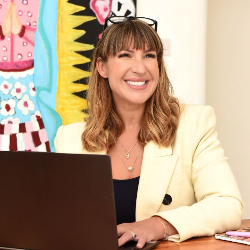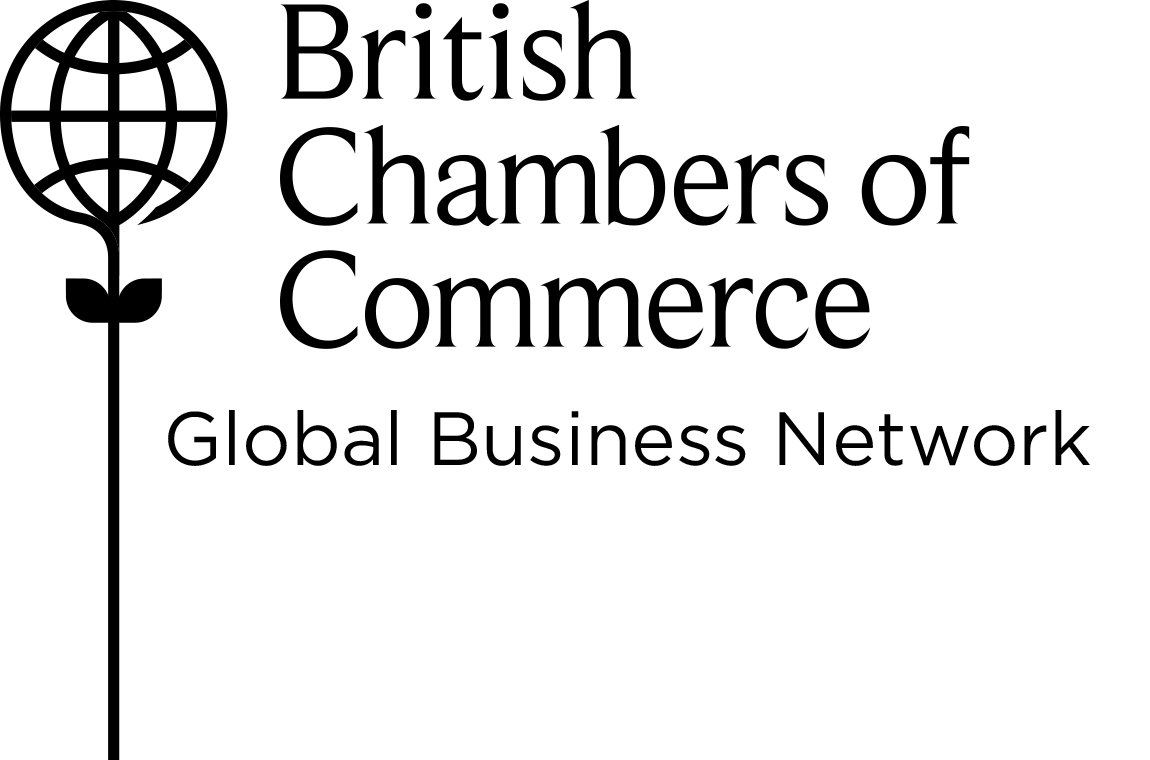A little too good to be true?
Date Posted:Thu, 25th May 2023

Are you re-assessing your investment portfolio, as you make the move to Europe from the Gulf? Are you finding that some of the investments on offer seem just a little too good to be true? Jason Porter, of BBG Dubai member firm Blevins Franks, looks back at some cases where people have lost their capital to fraud and failed schemes, and reveals the red flags to be on alert for.
The well-known saying, “If the investment is too good to be true, it probably is” has come about for good reasons. Sadly, there is no shortage of investments on offer - by both individuals and companies – which promise large, guaranteed returns to be made within pleasingly short timescales.
Investment can be a hazardous business, requiring you to navigate outright scams and high-risk ventures being misrepresented as a ‘sure thing’. It is vital that you do your research thoroughly, and if necessary, look for expert guidance and advice.
What are the main things to look out for?
• Beware unlicensed individuals or companies and unregistered investments
• Say ‘no’ to high-pressure tactics – you need time to do your research and seek advice
• Be wary of anyone who approaches you with promises of unrealistic gains
• Ensure the investment opportunity has documentation and data to be fact-checked
• Ask the question ‘How?’ – If something is being offered that is way more than the level of central bank base rates, how will the returns be achieved, and what are the risk implications? If you don’t get an answer you can understand that is a warning sign.
“There are some frauds so well conducted that it would be stupidity not to be deceived by them”.
There will always be those trying to get rich by selling hope to the less well-informed. Intelligent people are regularly taken in by these schemes – victims often of misleading claims by an individual or company they believed they could trust. Renowned English cleric, author and art collector Charles Caleb Colton once said,
“There are some frauds so well conducted that it would be stupidity not to be deceived by them”.
Fraudsters are likely to be cunning, charming, and resourceful, and it is vital that we remain vigilant, cautious, and aware whenever we are asked to invest our money.
Here are a few examples.
Charles Ponzi is possibly the most infamous scammer, defrauding individuals by promising 50% returns in 45 days or 100% in three months by investing in postal stamps. There was no actual investing going on, he was simply using the money from new clients to pay his older ones – a system that continues only as long as the influx of new clients can be maintained. The ‘Ponzi’ scheme, named after its creator, is still a common scam to this day.
You may remember the notorious Barlow Clowes case, where around 15,000 people, many of them retirees, were invested in the fund which was wound up by the high court in 1988 owing £190 million. The fund claimed to be invested in low-risk government gilts but promised returns higher than gilts were paying. In retrospect, you would ask where the returns were going to come from when they exceeded the market gain of the asset in question.
Equitable Life carries another cautionary tale. This was a reputable company that came unstuck after offering customers higher than average rates – a move that allowed 800,000 policy holders to be caught out when inflation and interest rates dropped, leaving the mutual insurance society struggling to fund its commitments.
In 2009, there was the well-documented fraud of Bernard Madoff – another ‘Ponzi’ scheme where money from new clients was used to pay older ones. Bernard lured investors through promises of between 10 and 12% annual returns on investment – by the time the US government caught up with him, he had cheated clients out of $65 billion.
Where there is opportunity for investment growth and returns, a degree of risk must be accepted. The greater the promise of return, the higher the risk. If you are offered a ‘guaranteed investment’ ask to read the small print as to how ‘copper-bottom that ‘guarantee’ really is. Investment scams take many forms, and bad actors are always thinking up new and creative ways to hook their victims.
The money you have set aside for your retirement may have taken years to accumulate, and it is important to invest it wisely in line with your appetite for risk to protect you and your family, so it makes sense to be able to recognise the signs of an investment scam in order to protect it.
Some of the more common fraudulent schemes tend to fall into the following:
• Ponzi Schemes
A Ponzi scheme is where a central individual or company will collect money from new clients and use some to pay the promised returns to earlier investors. No money is managed through actual investment, and a steady stream of incoming cash is needed for the scheme to keep running.
• Pyramid Schemes
These often come with the promise of converting small investments into large profits within a short time scale. In reality, participants only make money by recruiting new investors into the scheme. Fraudsters behind Pyramid schemes are known to take great efforts to make their organisation appear legitimate, such as a multi-level marketing venture for example.
• Promissory Note Fraud
Like a form of debt, promissory notes are sometimes used by companies to raise money. When sold fraudulently, a scammer will make false claims about the company, and the terms of the promissory note. Be on the lookout for unrealistic statements such as: “the notes are backed by collateral to guarantee them”, and “investors will receive very high, guaranteed returns.”
• Advance Fee Scams
These schemes generally start with an offer to pay a high price for worthless stock in your portfolio to entice you. However, to take the deal, you must pay a fee in advance. If you pay the fee, it is unlikely you will ever see that money again.
• Pump-and-Dump
The fraudster will deliberately buy large quantities of low-priced, or near-worthless stock, then use a variety of methods to drum up interest to increase market price. The fraudster will then ‘dump’ the stock at a high price and vanish. In today’s markets, pump-and-dump scams are particularly prevalent within the cryptocurrency sphere.
Crypto investments – what are the risks?
By now, we are all aware of cryptocurrency, with Bitcoin making the headlines of financial news several times over recent years. However, since Bitcoin’s inception, thousands of alternative coins and tokens (known as altcoins) have entered the marketplace.
It is important to note that anybody can create a cryptocurrency, and it is quite rare for one to present any real-world use. The cryptocurrency space is highly volatile, where market prices have been known to rise and fall drastically within hours, sometimes without any discernible influence.
ICOs (the crypto version of an IPO) have been banned in several countries and from popular social media platforms including Facebook, Instagram, and Twitter after several instances where developers and promoters who collected funds suddenly disappeared – typically known as an ‘Exit Scam’.
If you are determined to invest some of your funds in cryptocurrency, however, here are a few tips that might help ensure your money goes into a viable investment, and not toward a risky gamble.
• Founder involvement
Is the cryptocurrency well-established with its founder still heavily involved in the project? This is the first check you should make. It doesn’t bode well if the founder has already abandoned ship. (Note that some blockchains are maintained by a community rather than a founder – in these cases, check the strength and participation of the community and planned updates for the blockchain).
• Use case
Does the cryptocurrency have a practical use case? Just like any good investment, your cryptocurrency should provide a solution to a modern economic or industry problem if you expect its value to increase.
• Future relevance
Spending time in the markets is far more effective than an attempt at timing the markets. Do you believe in the future of the invested project, and will it be around for years to come?
As stated, the crypto sphere is unpredictable and these tips are by no means any kind of guarantee, but they may help you a little in separating the wheat from the chaff. And make sure you don’t overcommit your hard-earned wealth, especially if you find the area confusing.
If an investment sounds too good to be true – avoid it.
So, why do intelligent, financially successful individuals fall victim to investment fraud? The simple truth – scam artists are professionals at what they do, able to tailor their persuasion techniques to your psychological profile.
Be wary of promises that guarantee high returns. There aren’t any absolute guarantees with investment, and you’ll likely get a lower return the safer your money is. Compare the yields that have been promised with current returns on well-known stock indexes. If the numbers don’t match up, where could such returns possibly be coming from?
Be wary of anyone pressuring you with a sense of urgency. There is never a reason to act rapidly on investment – and no reputable professional would push you to make an immediate decision.











